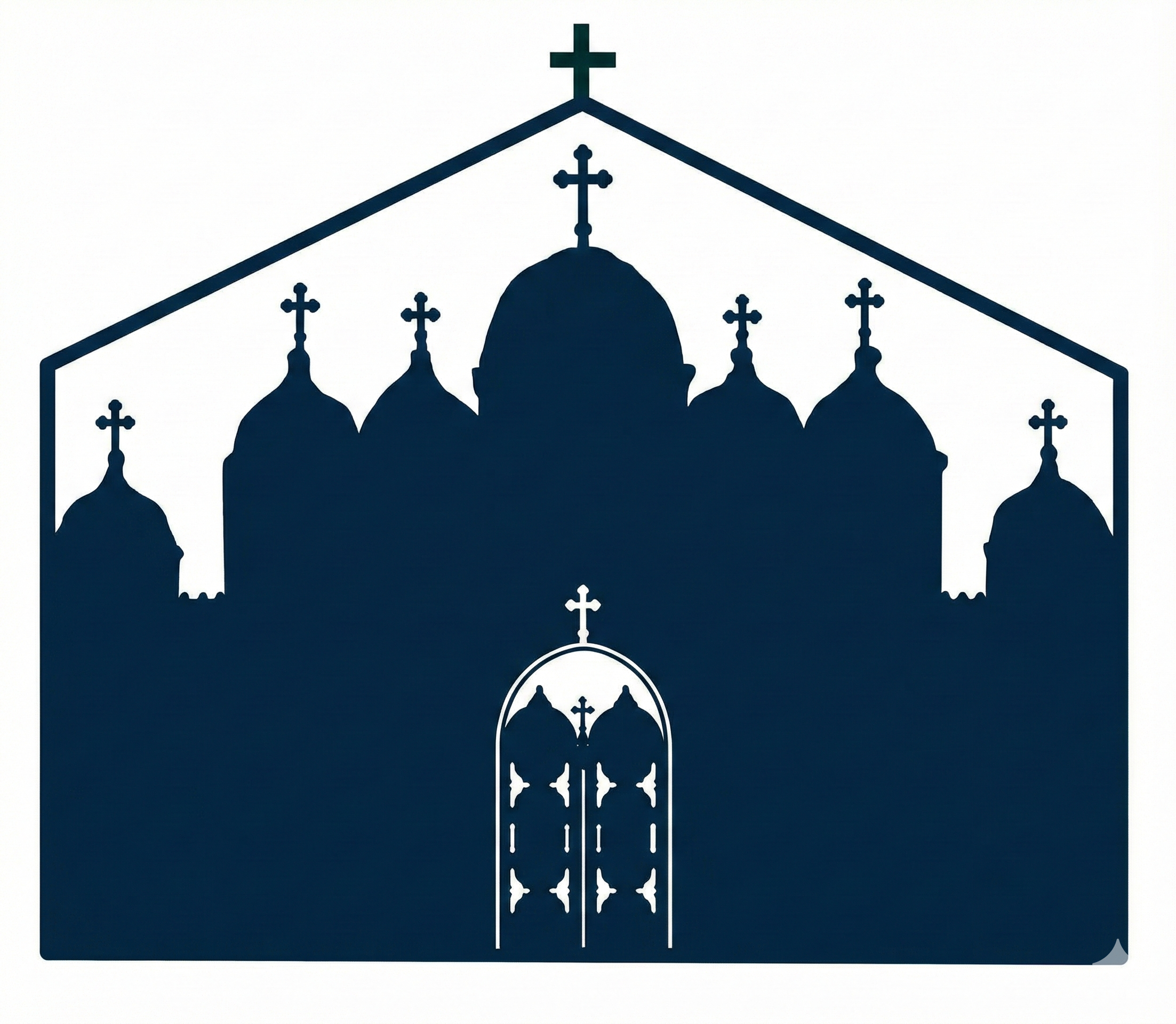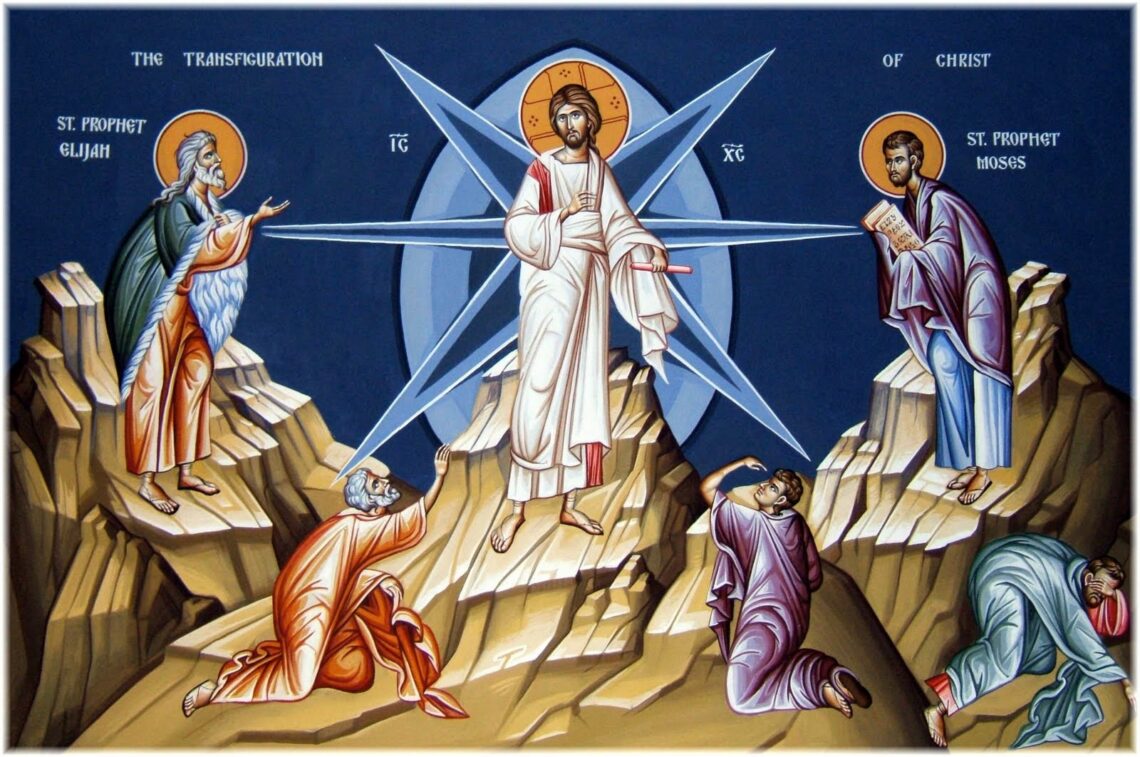Matthew 17:1-9 8/20/2023
In the name of the Father and the Son and the Holy Spirit
Christ climbed a “high mountain” with his three disciples. As they stood at the top of the mountain, an amazing thing happened. “Before their eyes Jesus was transformed, and his face shone like the sun, and his clothes became as white as the light.”
Why did the Lord show His disciples this radiance of transformation?
The disciples, who had eaten, drank, and lived with the Lord, and had been touched by his human kindness and warmth, were shaken by the same Lord’s sudden transformation. The feelings of the disciples are well expressed in Peter’s distraught words: “Lord, let us build you a hut.” Peter wanted to enshrine Christ, who had revealed his terrifying and true form, in a hut and enshrine Him in a household altar, so to speak in Japanese. However, as soon as he is worshiped in such a way, the incarnate God, Christ, who is called Emmanuil or “God is with us,” becomes irrelevant to us. The Lord did not want that to reveal his light.
By the radiance of His own transfiguraion, the Lord reveals God’s desire to bring people into this light, immerse them in this light, and transform each of us into bearers of this light. He redeems men from the darkness of sin into the light of grace, drives darkness out of a world closed in darkness, and in His ever-increasing light shines endlessly, transforming man and the world.
The “salvation” of the Lord Jesus is, in essence, the transformation of the person whom the Holy Fathers called “Theosis” (deification) into something infinitely more like God.
However, at the moment we are told such a thing, we are at a loss. . After all, we sometimes think, “It seems that the gods are safer if they are enshrined in a household altar and are terrified.” The Lord forgives even such a sinful self, and if He is only someone who can ease our pain and sorrow and comfort us, that is enough. To be honest, we really want to resign.
“Such a wonderful state is only possible for those who choose a ‘special way of life’ such as clergymen and monks and practice a ‘special life’, so to speak, go through the ‘Christian elite course’. It’s impossible for us the ordinary believers of , impossible…”.
No! Christ was so saddened by the appearance of the “religious elite” that he could only express his anger. Some special people, namely the Pharisee, the scribes, and the temple priests, regard God’s grace and salvation as their own, and despise who cannot keep the law even if they want to, and despised them by calling them ‘sinners’, and did not hide his fire-breathing anger at people who sought to exclude them from God’s grace and salvation. Instead, He put the key to “salvation”, that is, “Theosis”, in “loving”, which is the most immediate and urgent issue that people face first and ultimately in their lives. At the same time, he paved the way for us to receive that power of love through the sharing of his body, the “Holy Blood,” which is none other than that love of God.
When we respond to the “issues of love” that are asked of us by our neighbors in various places in our lives, we will gradually make Christ’s salvation a reality. We continue to add darkness to the darkness of the world by not loving, hating, not forgiving, and overlooking human suffering. But if we allow a little forgiveness, if we make a little reconciliation, if we do a little act of love, then little by little there will be more light in ourselves and in the world. And when Christians gather in faith in this Eucharistic Liturgy and share the Eucharist and the Holy Blood with love and thanksgiving, their little light is gathered into a great light and makes this place of gathering shine, as Christ has shown. It shows the world that the hope that “man will bear the light of God” is not a lie. have to show.
If we are not infinitely transformed into the form of God’s love, Christ, we will fall endlessly from darkness to darkness into the form of Satan, the ruler of darkness.

